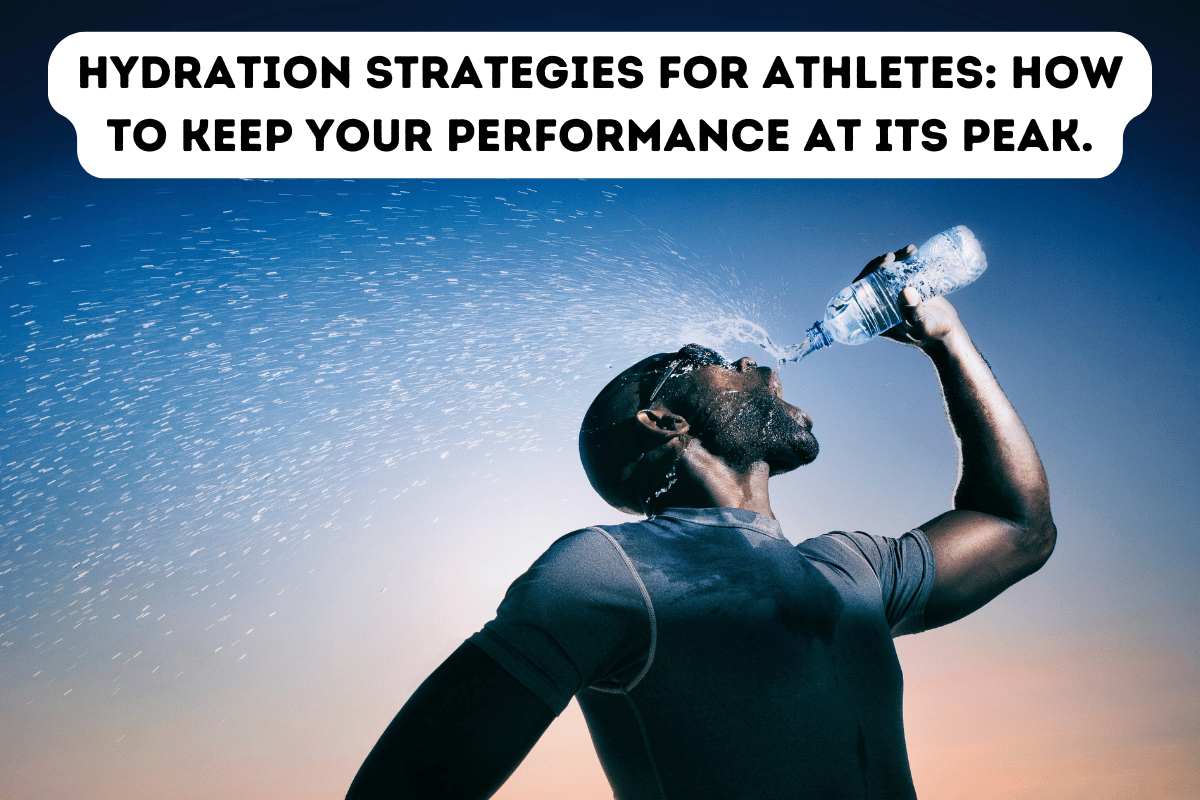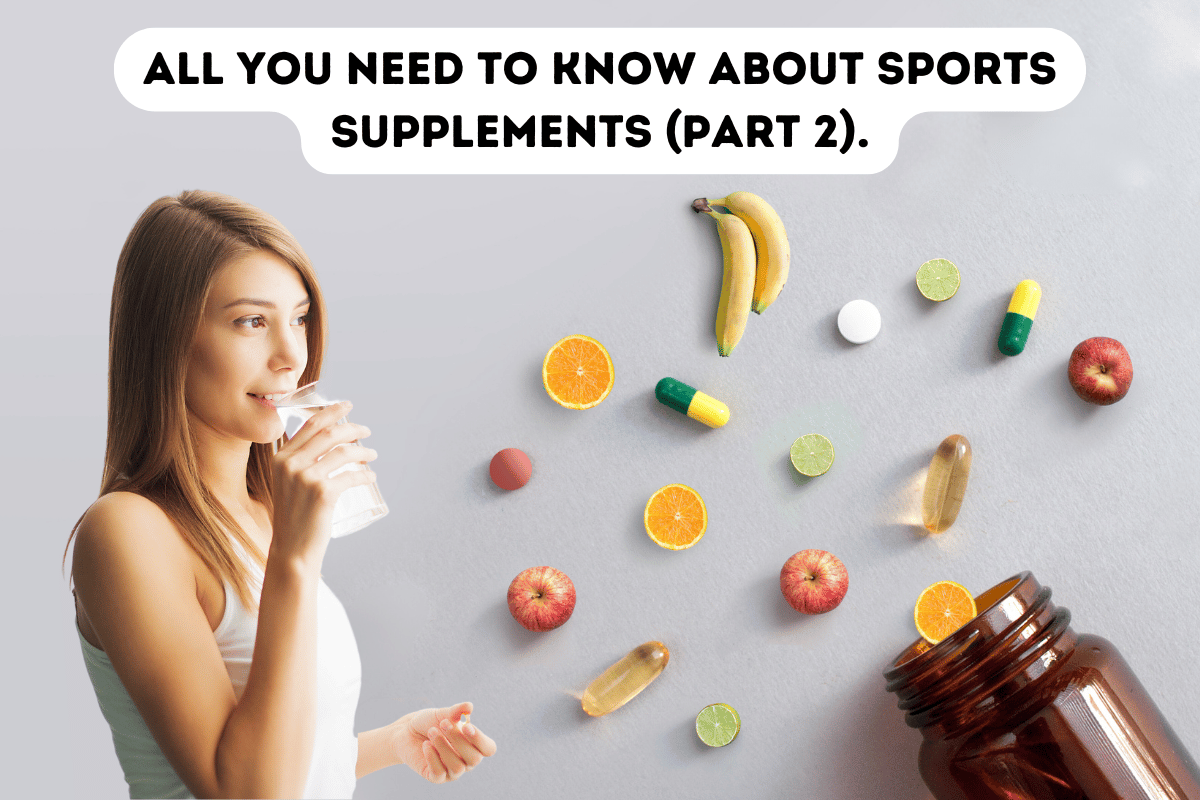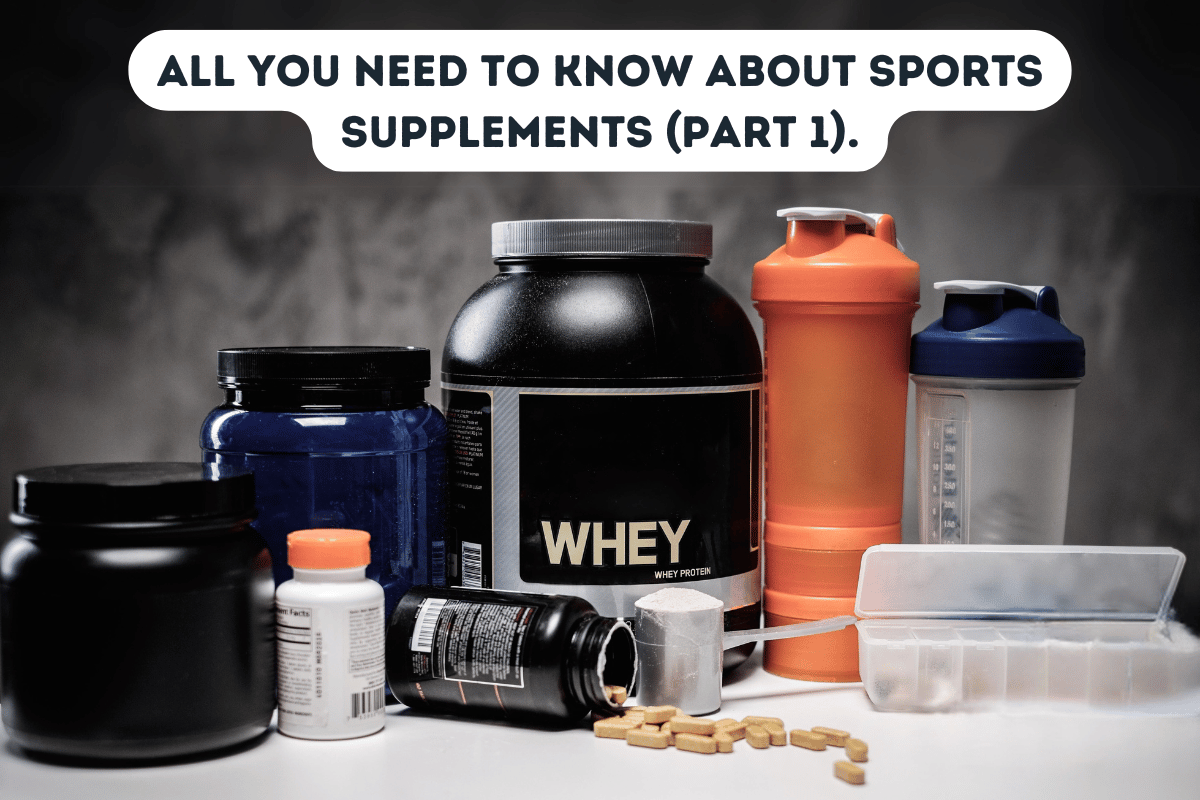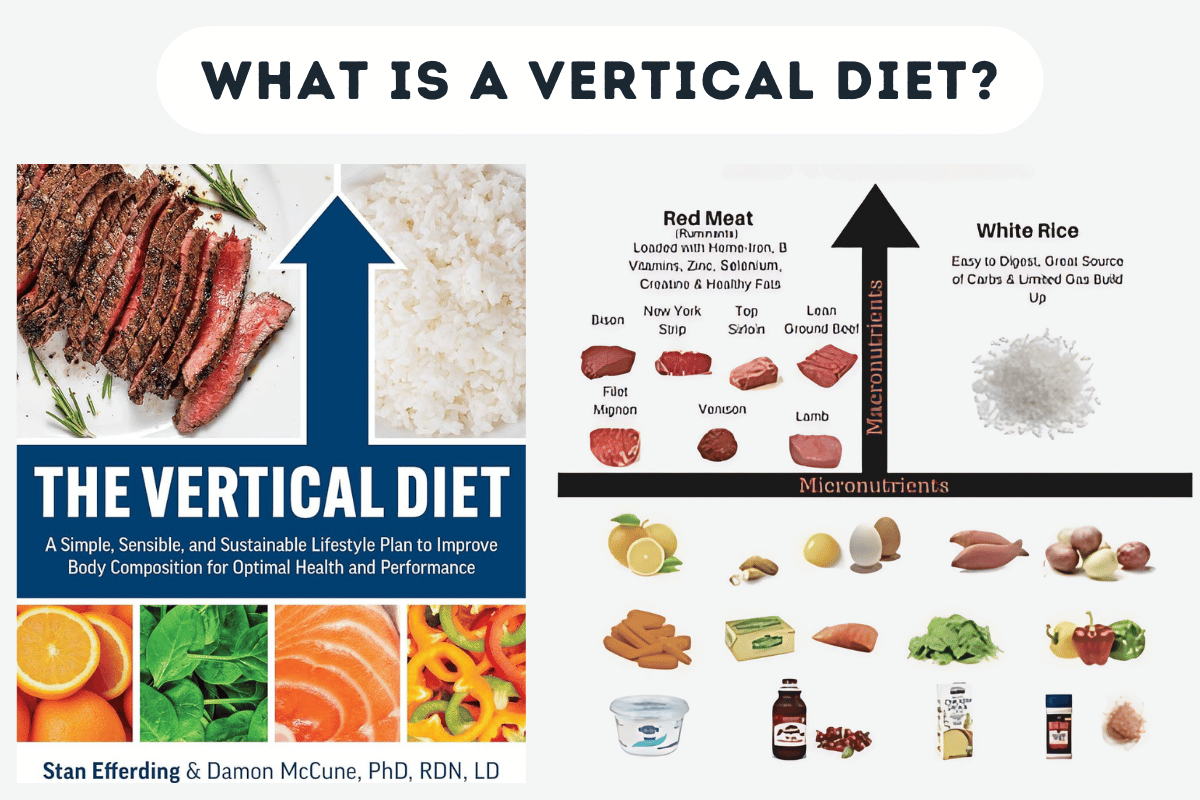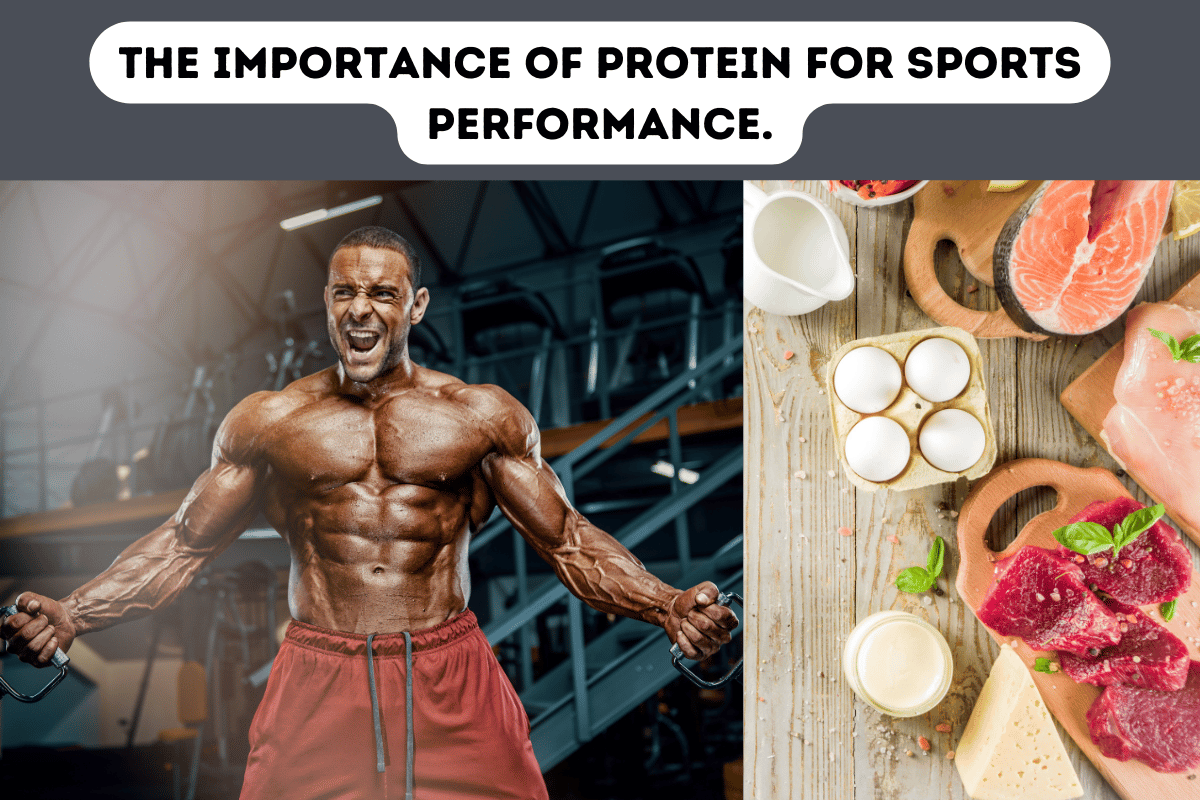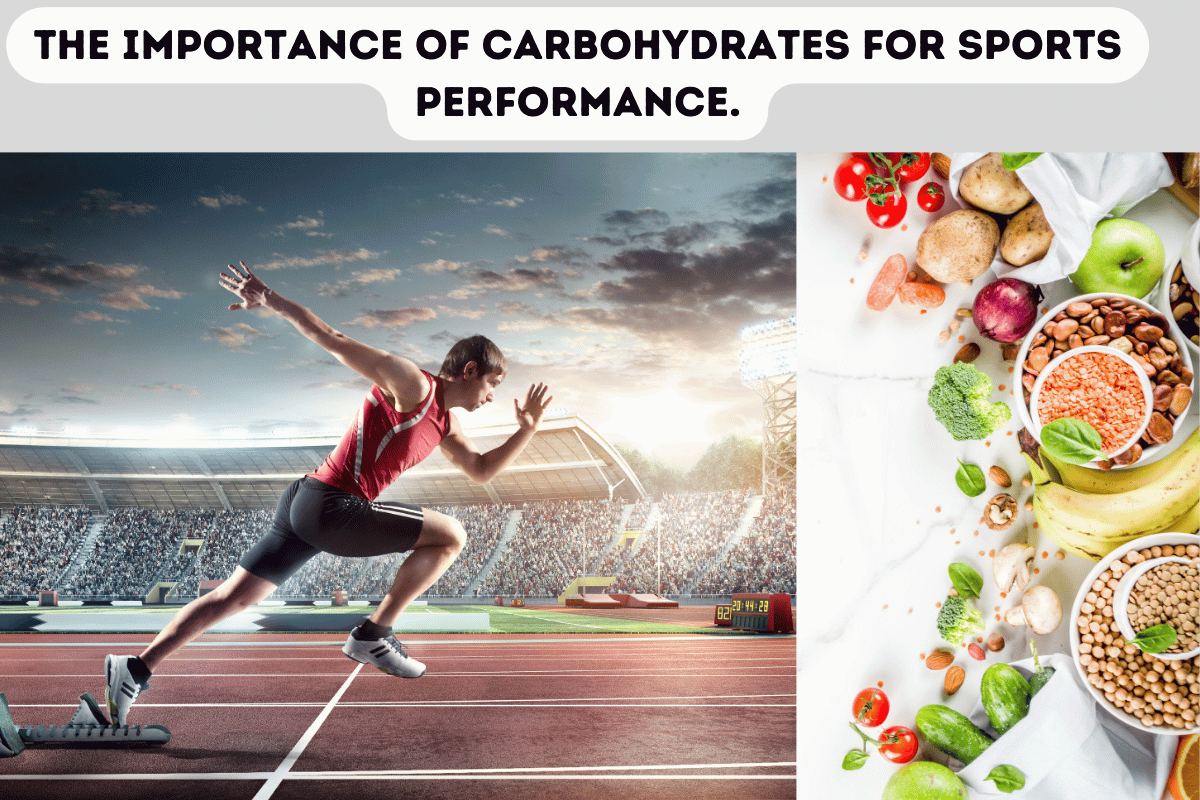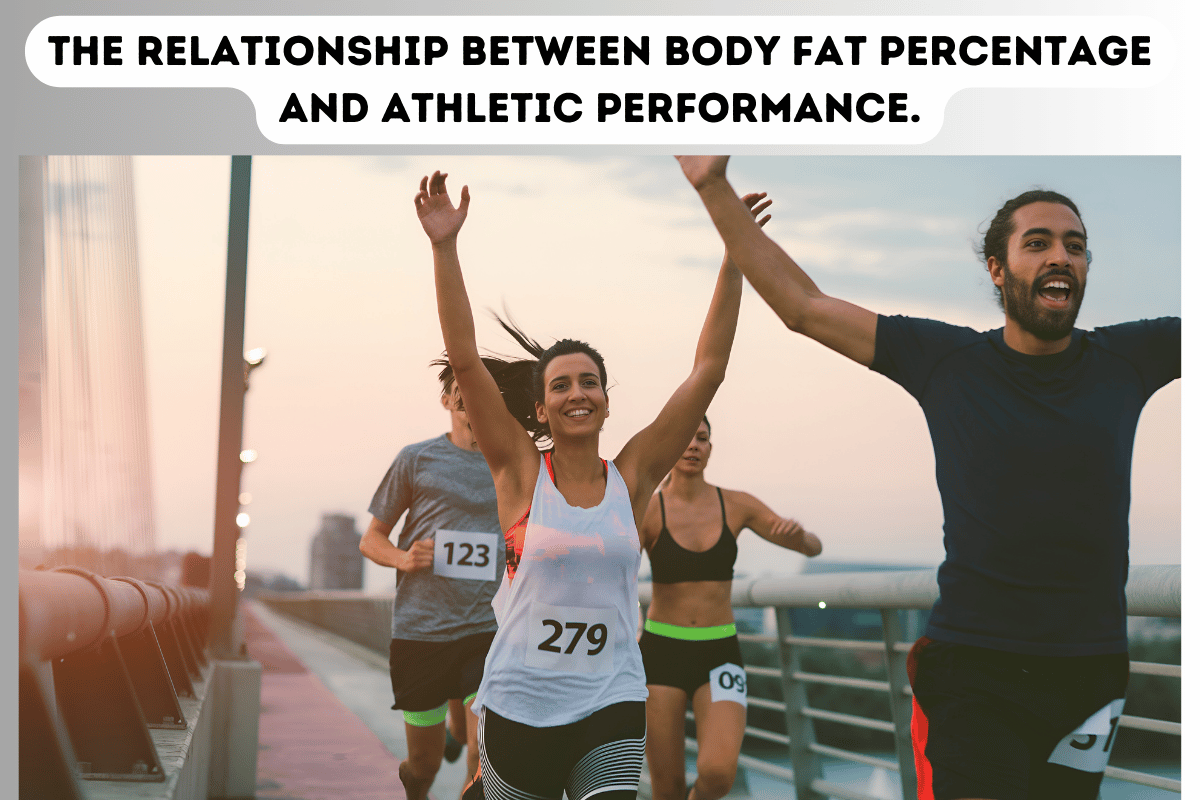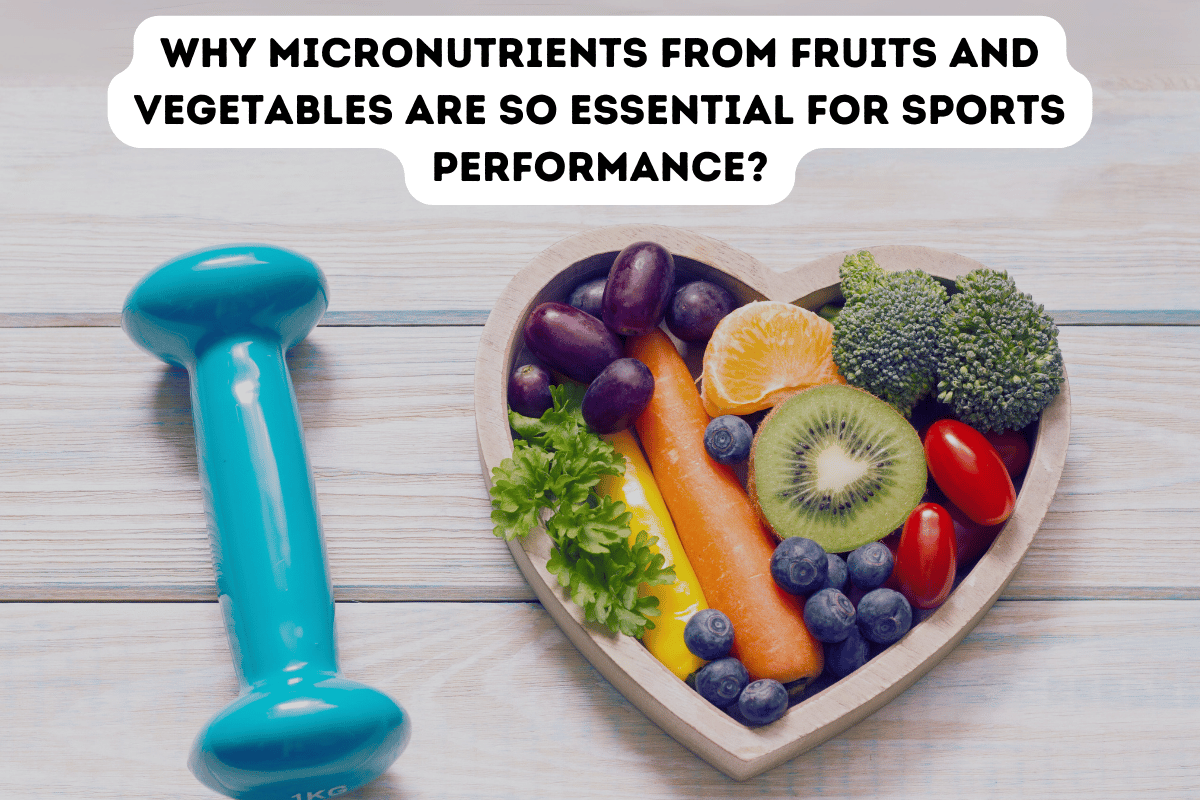Water in our body has many functions, such as temperature regulation and transportation of nutrients and waste throughout the body (as a component of blood). It is especially essential to drink enough water during exercise. Whenever you exercise, you lose fluid, not only through sweating but also through water vapour in the air that you breathe out. During high-intensity exercise in hot, humid conditions, your body's fluid losses can be very high, and if the fluid is not replaced quickly,…
In part 1 of this article, I explained the main supplements for muscle mass and strength, endurance, and recovery. The second part will discuss supplements for weight loss and general health. We will discuss such supplements as Ephedrine fat burners, L-carnitine, Multivitamins, Vitamin D, mega-3 fatty acids, Probiotics, and simply the benefits of the calorie reduction diet and exercise. Also, at the end of this article, I will give you a general overview of supplements with strong and poor evidence of…
There is a huge variety of sports supplements in the market, such as protein supplements, creatine, pre-workouts, other powders, pills, drinks, and bars. All these products claim to increase muscle, strength, endurance or burn fat, but can these products speed up your progress and give you better performance or increased muscle strength and size? When you decide to use sports supplements, you must understand that although some supplements and ergogenic aids are beneficial when used appropriately, many are ineffective and…
The Vertical diet is a performance-based diet designed specifically for athletes. It was developed by a professional bodybuilder and powerlifter Stan Efferding to help sport people reach their goals in muscle gains and weight loss. A vertical diet is called Vertical because it looks like an upside-down T. Underneath, at the bottom you have products that provide you with critical micronutrients (vitamins and minerals). At the top are two foods: red meat and white rice, which should provide you with…
In my previous article, "All you need to know about protein", we discussed protein's structure, the difference between animal and plant protein, its functions, and how much protein we need. We know that protein is an essential macronutrient for our bodies, not just for muscle growth. It is responsible for many other bodily functions, like building and repairing body tissues, enzymes, and hormone production. In this article, we will discuss the protein requirements for sportspeople and answer questions like: Do…
In the previous article on carbohydrates, "All You Need to Know About Carbohydrates", we discussed the structure of carbohydrates, including simple and complex carbohydrates, fibre, and it's significance. We also covered topics such as glycemic index (GI) and carbohydrate requirements for adults. In this article, we will focus on carbohydrate requirements for athletes. Carbohydrates play a crucial role in fueling various activities, and the amount of glycogen stored in the muscles and liver directly impacts exercise performance. High muscle-glycogen levels…
The desirable body fat percentage for an athlete depends on their sport and gender. According to scientists, the ideal body fat percentage for most male athletes is between 6 and 15%, and for female athletes, it is between 12 and 18%. Body fat should be the lowest (less than 6%) for bodybuilders and probably long-distance runners, while for cyclists, gymnasts, sprinters, football players and martial arts, body fat should be between 6 and 15%. So, to cover the most basic…
Many athletes understand that optimising nutritional intake is essential for improving sports performance. They know the importance of protein, carbohydrates, and fat for their sports goals but sometimes forget about micronutrients in their diet, which they can get particularly from fruits and vegetables. Micronutrients in fruits and vegetables play an important role in maintaining health, energy production and tissue recovery during exercise and training. On the other hand, a lack of micronutrients in diet can lead to fatigue, muscle damage,…

